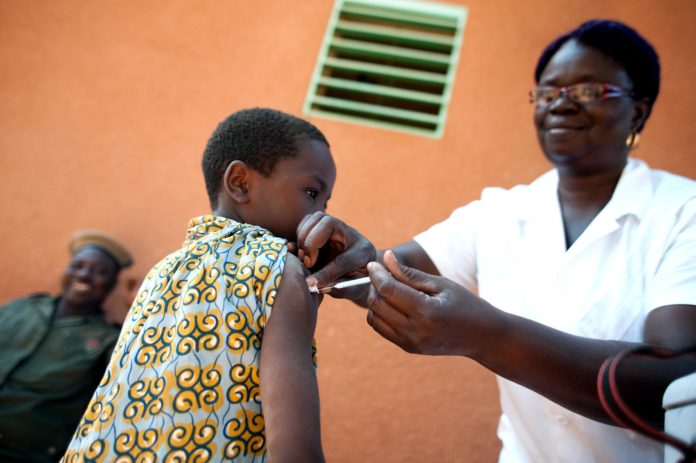The vaccine candidate generated immune response in monkeys, 400 healthy humans
HIV vaccine, that many say is the holy grail of immunology research, is a step closer to reality.
New research published in The Lancet shows that an experimental HIV-1 vaccine regimen generated robust immune responses in healthy adults and rhesus monkeys. Moreover, the vaccine candidate protected against infection with an HIV-like virus in monkeys.
Despite a low prevalence of 0.26%, India is home to the third largest population in the world living with HIV – estimated to be around 21 lakh.
Based on the results from this phase 1/2a clinical trial that involved nearly 400 healthy adults, a phase 2b trial has been initiated in southern Africa to determine the safety and efficacy of the HIV-1 vaccine candidate. The African trial will cover 2,600 women at risk for acquiring HIV.
This is one of only five experimental HIV-1 vaccine concepts that have progressed to efficacy trials in humans in 35 years
This is one of only five experimental HIV-1 vaccine concepts that have progressed to efficacy trials in humans in the 35 years of the global HIV/AIDS epidemic.
Previous HIV-1 vaccine candidates have typically been limited to specific regions of the world. The experimental regimens tested in this study are based on ‘mosaic’ vaccines that take pieces of different HIV viruses and combine them to elicit immune response.
“These results represent an important milestone. This study demonstrates that the mosaic Ad26 prime, Ad26 plus gp140 boost HIV vaccine candidate induced robust immune responses in humans and monkeys with comparable magnitude, kinetics, phenotype, and durability and also provided 67% protection against viral challenge in monkeys”, says Professor Dan Barouch, Director of the Center for Virology and Vaccine Research at Beth Israel Deaconess Medical Center and Professor of Medicine at Harvard Medical School, Boston, USA who led the study.
He adds: “These results should be interpreted cautiously. The challenges in the development of an HIV vaccine are unprecedented, and the ability to induce HIV-specific immune responses does not necessarily indicate that a vaccine will protect humans from HIV infection. We eagerly await the results of the phase 2b efficacy trial called HVTN705, or ‘Imbokodo’, which will determine whether or not this vaccine will protect humans against acquiring HIV.”
Almost 37 million people worldwide are living with HIV/AIDS, with an estimated 1.8 million new cases every year. A safe and effective preventative vaccine is urgently needed to curb the HIV pandemic.


